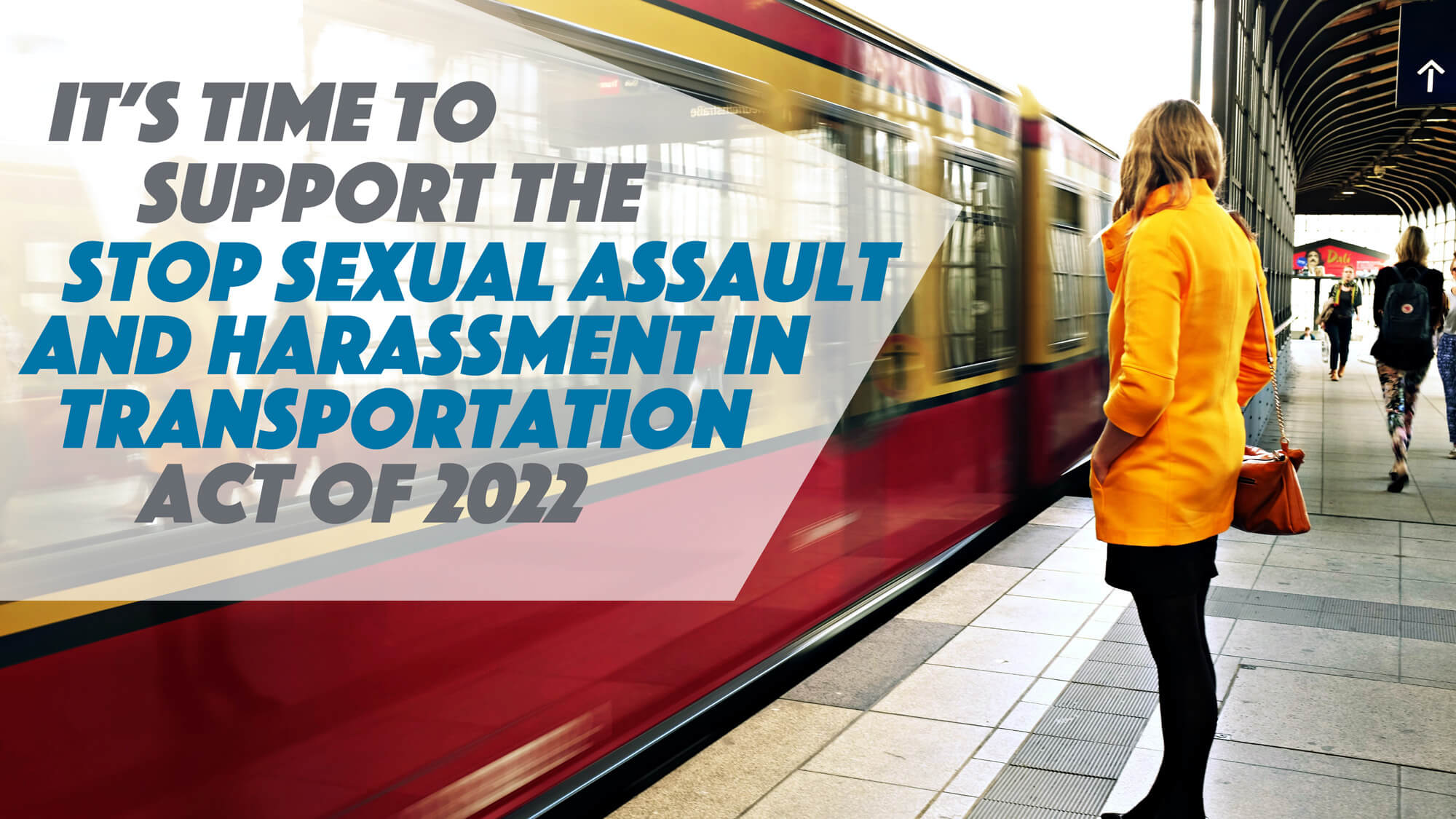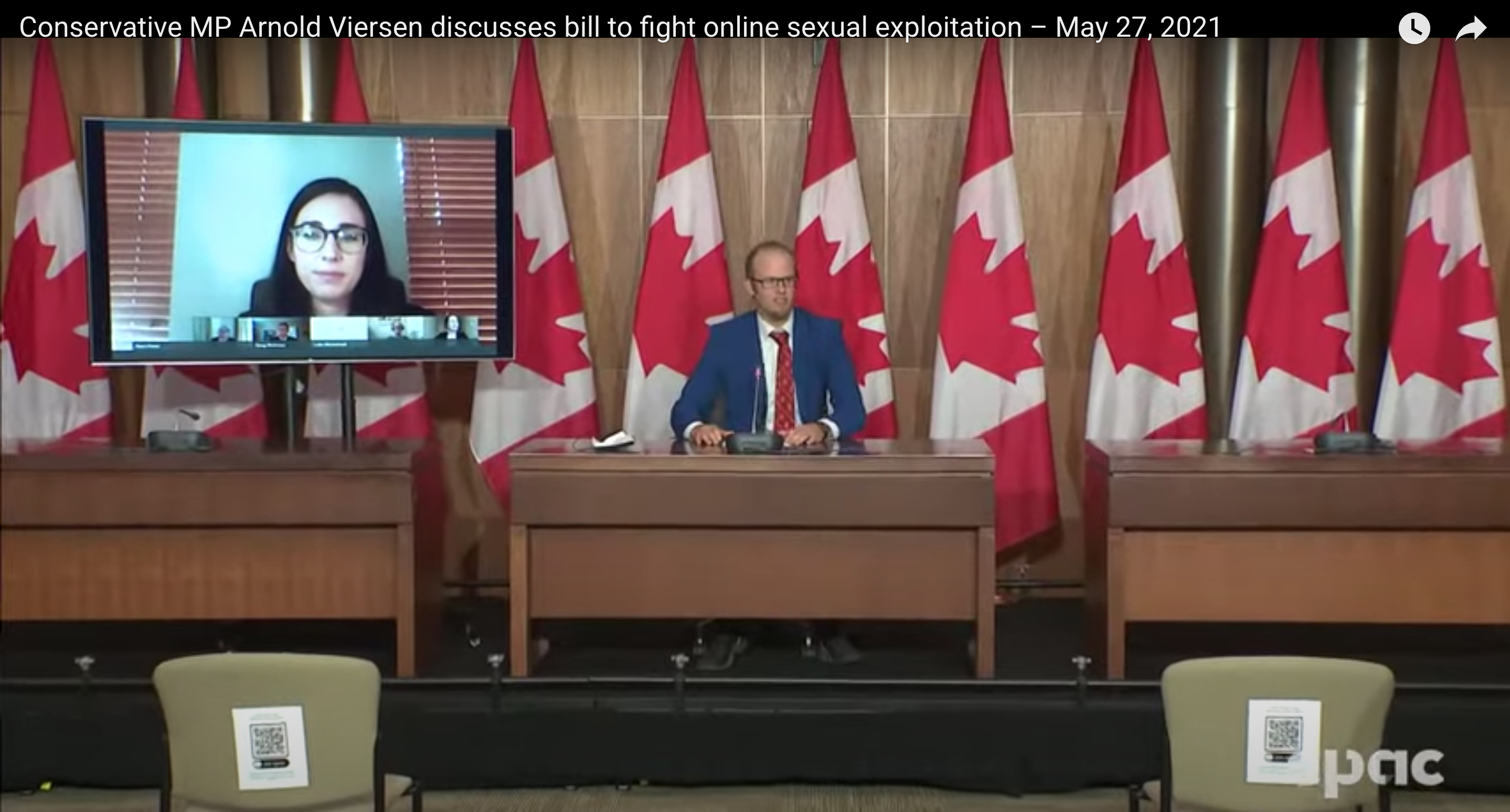
Action Alert: Congress Must Pass the “Stop Sexual Assault and Harassment in Transportation Act”
This law clearly states that time is up for sexual assault and harassment perpetrators who commit their crimes while using public transportation.

This law clearly states that time is up for sexual assault and harassment perpetrators who commit their crimes while using public transportation.

WASHINGTON, DC (February 22, 2022) – In a brief submitted to the Senate of Canada, the International Centre on Sexual Exploitation (ICOSE) called on the

“Between the recent introduction of the EARN IT Act and the Kids Online Safety Act, we are glad that Congress is taking online child protection seriously.”

Confronting rising reports of child sexual abuse material online, The EARN IT Act clarifies that there is no blanket immunity for Big Tech.

Washington, DC (November 9, 2021) – The National Center on Sexual Exploitation (NCOSE) supports passage of the National Response to Exploitation and Sexual Abuse of Children in

This bill will require training for transportation providers about sexual assault and trafficking, including how to recognize potential victims.

California bill AB 262 will provide one of the “best forms of exit services” for victims of human trafficking

NCOSE is supportive of The Human Trafficking and Exploitation Prevention Training Act, which provides training to recognize the signs of human trafficking.

New Texas Law Makes Sex Buying a Felony on First Offense. Texas Joins Maine in Precedent-Setting Efforts to Tackle Demand, Sex Buying, for Prostituted Persons

Washington, DC (June 16, 2021) – The National Center on Sexual Exploitation (NCOSE) applauds the U.S. House for passing the Debt Bondage Repair Act (H.R. 2332), to

Steep Fines for Sex Buyers who Commit a New Crime: Commercial Sexual Exploitation

The proposed Canadian “SISE Act” would require pornographic material to first verify the age and consent of everyone depicted.